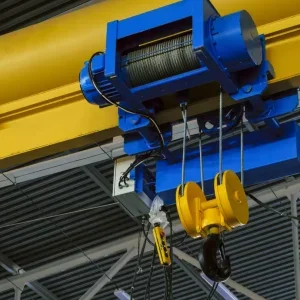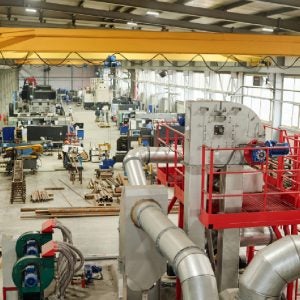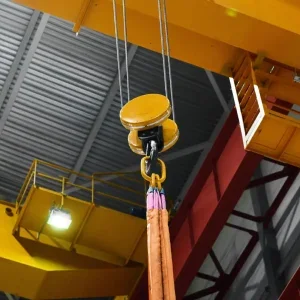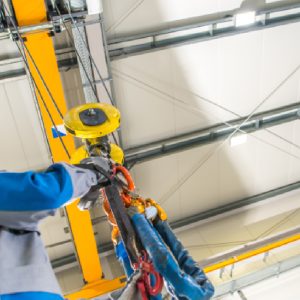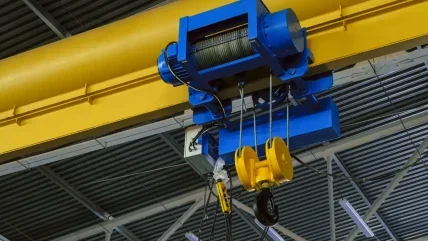
Italian aerospace company Space Industries has installed overhead cranes in its Stellar HUB facility to enhance operational efficiency.
The infrastructure will support the production of satellites weighing up to 700kg, facilitating their safe and precise movement throughout the plant.
The cranes will cover areas from incoming and inspection to clean rooms, which include assembly, integration, and testing zones, and finally to delivery spaces.
This setup aims to optimise workflows and streamline the industrial process, allowing for the parallel production of multiple satellites while minimising damage risks.
The Stellar HUB is a significant development for Space Industries, which is focused on revolutionising satellite manufacturing through efficient assembly, integration, and testing processes.
The company specialises in producing satellites weighing between 200 and 700kg, addressing a key market need with its industrial-grade facilities and automotive-inspired methodologies.
Space Industries, in a LinkedIn post, said: “The overhead cranes travel throughout the plant, from the very first areas dedicated to incoming and inspection, through the clean rooms with the assembly, integration, and testing areas, to the delivery spaces.
“This allows us to optimise workflows and streamline the industrial process. Enabling the production of a large number of satellites in parallel and minimising the risk of damage.
“The Space Industries’ Stellar Hub is taking shape. We look forward to showing you our other solutions dedicated to space technology production.”
Space Industries is headquartered in Torino, Italy, and benefits from the industrial legacy of the Comat Group. The company boasts 3,500m2 of clean rooms, making it the first private entity in the region capable of serial satellite production.
Space Industries’ leadership team combines reliability with a vision for scalable space infrastructure. The company is committed to showcasing additional solutions dedicated to space technology production as the Stellar HUB continues to develop.


